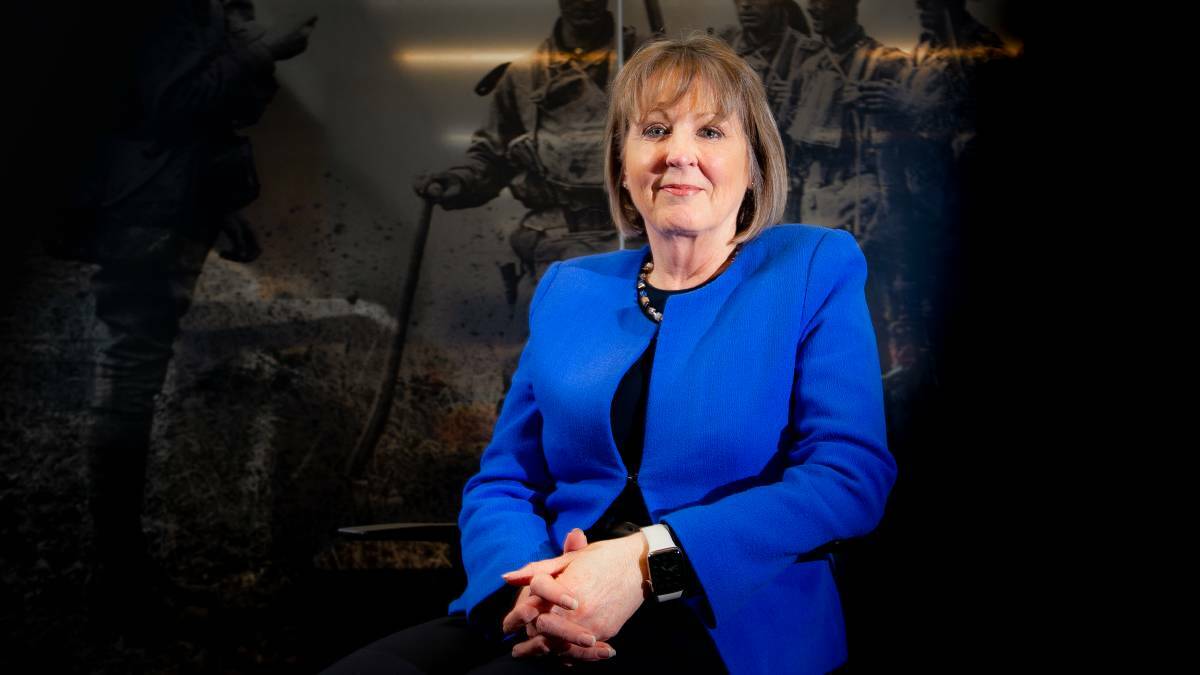
After years of inquiries and audits, the Department of Veterans' Affairs has turned around problems with communicating with clients, according to a new report from the Commonwealth Ombudsman.
The department is in the final stretch of a six-year reform effort transforming its services with a veteran centric focus, but acknowledges more work is needed to give veterans and their families the support they need.
Penny McKay, who is acting as the ombudsman following the retirement of Michael Manthorpe last year, initiated the latest investigation with the introduction of the DVA's online claim platform, MyService.
The acting ombudsman did not identify any significant concerns about how the department managed communication with veterans during claims processing, but recommended several improvements that the department says it will implement in 2022.
"Good communication, through the delivery of clear and regular information to veterans throughout the claim process, can help to manage veterans' expectations and reduce feelings of uncertainty, anxiety or frustration whilst waiting for claims to be assessed" Ms McKay said.
The department also agreed to support staff to communicate with veterans so they can identify and make decisions on claims that should be prioritised.
Negative decisions on veterans' claims, where compensation or benefits are denied, are especially fraught. Ms McKay took particular attention on how the department communicated those decisions and the reasons for them back to the client.
In such cases, the new approach taken by the department, delegates are required to phone the veterans about the negative decision before following up with the official letter denying the claim. That delegate is supposed to have an ongoing relationship with veteran throughout the claim process.
Even though that relationship is intended to ensure the outcome of the claim is not a surprise, the delegate is supposed to inform the veteran about available appeal avenues and delay making the call in the lead up to major commemorative occasions, such as Anzac Day, or when services may not be as readily available, such as Friday afternoon or immediately prior to the Christmas closure period.
However, the department does not provide delegates with guidance about how to assess whether the negative decision will affect a veteran's wellbeing, according to Ms McKay's investigation.
The acting ombudsman also noted that a negative decision letter does not need to be approved by a second person except those over a specific length - on the basis that longer letters increase the likelihood of a complex decision.
These rules - intended to protect the veteran from further distress - add to the length of time that veterans wait for decisions, Ms McKay noted. However, the policy was appropriate to guide communication with veterans "in a clear and compassionate manner."
In October last year, Veterans' Affairs Minister Andrew Gee ordered the department to bring in management consulting firm McKinsey to find ways to reduce the waiting times for processing claims, but said it would not be another systems review.
He further directed the department to implement McKinsey's recommendations within two years.
- Open Arms counselling available 24 hours on 1800 011 046







